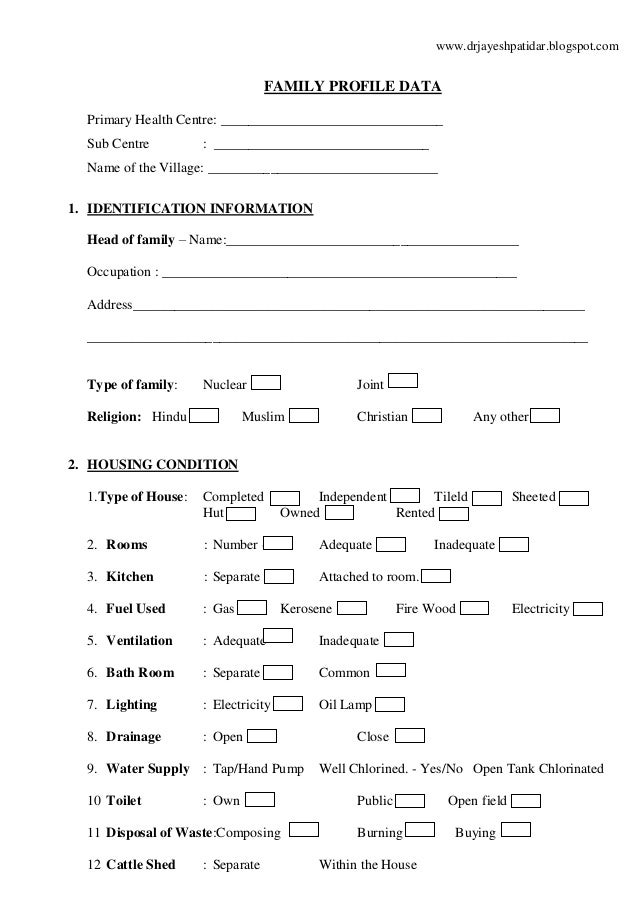
Puskesmas Sumber in, Puskesmas (: Pusat Kesehatan Masyarakat,: Community Health Centre) are government-mandated community health clinics located across. They are overseen by the Indonesian and provide healthcare for population on sub-district level. The concept was designed by, the first Indonesian Minister of Health. Community and preventative health programs formed another component of Indonesia's health system. Photodraw 2000 v2 download. There is approximately 9718 Puskesmas around the country according to the Ministry of Health of Indonesia.
Profil empat belas puskesmas di kecamatan penjaringan. Pusat Penelitian Atma Jaya; Atma Jaya Teaching Hospital; Universitas Katolik Indonesia Atma Jaya;.
Community health services in Indonesia were organized in a three-tier system with Puskesmas at the top. Usually staffed by a physician, these centres provided maternal and child health care, general outpatient curative and preventative health care services, pre- and postnatal care, immunization, and communicable disease control programs.
Specialised clinic services were periodically available at some of the larger clinics. There are two kinds of Puskesmas, those with beds and those without one. The puskesmas without beds generally acts as a public outpatient treatment facility, is rarely open after mid-day, and is definitely not likely to be either open or prepared to deal with an obstetric emergency outside of clinic hours. This centre is usually staffed by a Bidan (nurse) and a general practitioner who provide preventative and curative services related to 18 different health programmes including Antenatal care and family planning program. These Puskesmas however have been characterised as under-burdened and problematic as these health centre tend to bypass serious patient to higher level of health services. Should a critically ill patient appear at this type of facility, the staff are more likely to simply send the patient on to the next level of care than to attempt to administer first aid or try to prepare the patient for transfer.
The Puskesmas with beds are mostly located in more remote areas and ideally should be staffed and equipped to provide Basic Emergency Obstetric Care/Pelayanan Obstetri Neonatus Essensial Dasar (BEOC/PONED) twenty-four hours per day. A Bidan and a GP, who are not always properly trained for BEOC/PONED, staff these centres. Those who have been trained are reluctant to attempt procedures such as manual removal of placenta when a case requiring this procedure presents to them very rarely.
UNICEF has funded BEOC/PONED/LSS training of some Puskesmas staff in three provinces early in the life of the project. They also funded education for Puskesmas Bidans on the administration of the MCH (Maternal and Child Health Specialist) program and on how to supervise Bidan in various villages. See also [ ] • References [ ] Wasisto, Broto; et al. Fa premier league highlights. Sejarah Pembangunan Kesehatan Indonesia 1973-2009. Kementrian Kesehatan Republik Indonesia.